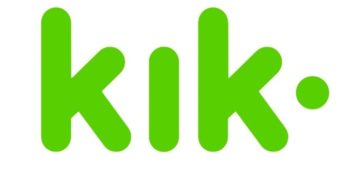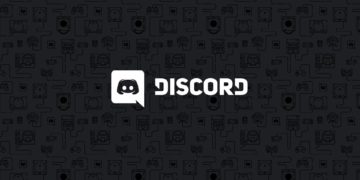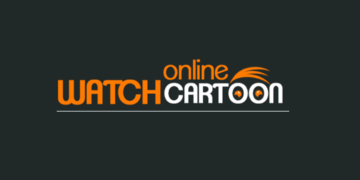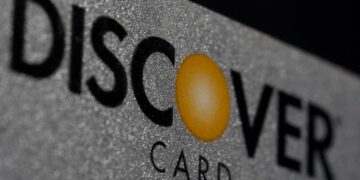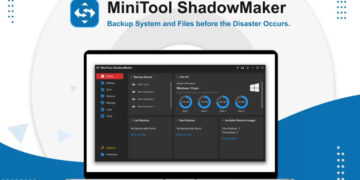Facing the decision of choosing a career path can be a daunting challenge, shrouded with uncertainty and the fear of making a wrong turn. However, when approached with the right resources and self-awareness, aligning a profession with your passions and skills becomes a journey of discovery rather than a source of anxiety. In this article, we’ll explore various strategies that can help you uncover the career tailored to your unique profile, ensuring that your professional life is not just a job, but a reflection of your identity and aspirations. Keep reading to embark on the journey towards finding the career that’s right for you.
Understanding Your Core Values and Interests
Determining what you truly value in life is the cornerstone of finding a fulfilling career. Whether you prioritize creativity, stability, service, or innovation, these underlying core values should guide your choices. Reflect on the moments when you feel most engaged or fulfilled; these can provide critical insights into the work cultures, environments, and missions that resonate with you.
Interests, on the other hand, are the activities that draw your attention naturally. They could range from cooking and technology to social issues and education. Acknowledging these interests can lead to a clearer vision of the industries and job roles that would keep you motivated. It’s also valuable to consider how these interests may evolve over time, ensuring career longevity.
It’s essential not to overlook hobbies and pastimes, as they can sometimes be transformed into viable career paths. For example, if you have a passion for culinary arts, researching culinary schools NYC could be the first step towards a rewarding profession in the food industry. The leap from personal interest to a professional career isn’t always obvious, but can be deeply gratifying.
The Role of Education and Training in Career Choice

Education serves as a bridge between your current situation and your ideal career. Whether you’re starting fresh or changing tracks, the right educational program can provide the knowledge and credentials required. Reflect on what level of education aligns with your career goals, be it a certificate, an associate’s degree in accounting, or a bachelor’s in computer science.
It’s also worth exploring alternative paths like apprenticeships, online courses, or vocational training, all of which can be tailored to fit diverse learning styles and schedules. Education doesn’t always follow a conventional four-year college trajectory, and many successful careers are built on varied educational experiences.
Training, as an extension of education, should not be underrated. Many industries value specific certifications or continuous professional development. Investigate if there are industry-recognized qualifications that can elevate your professional standing or if there are emerging technologies you must master.
Assessing Your Skills and Strengths
Your natural abilities and acquired skills are key factors in determining which career might suit you best. Take inventory of what you excel at, whether it’s problem-solving, interpersonal communication, or critical thinking. It’s often these innate strengths that lead to success and satisfaction in a career.
Remember to consider technical skills as well. Proficiencies in specific software, languages, or project management can open doors to myriad opportunities. In some cases, your skills may suggest a natural fit for a career that had not previously been on your radar.
But skills are not static; they can be honed and expanded. Identifying any gaps in your skillset can guide you towards valuable training and education. This self-awareness ensures that you are always moving forward and adapting to the ever-changing job market.
Exploring the Job Market and In-Demand Careers

Understanding the current job market trends is crucial for making an informed career choice. High-growth industries can offer more opportunities and increased job security. Researching these areas can help you identify where your values and skills could be in high demand.
Emerging fields—such as renewable energy, technology, and healthcare—are consistently on the lookout for new talent. Keeping abreast of labor market statistics and news can highlight paths that are expanding and offer long-term prospects.
However, it’s important not to chase a career solely because it’s in demand. Ensure the roles within these growing sectors align with your personal drivers. The job should bring you joy and fit into your envisioned lifestyle, not just be a means to a paycheck.
Overall, choosing a career is a dynamic and introspective process that blends self-knowledge with market realities. It’s about aligning your personal strengths, values, and interests with education and demand in the workforce. Leveraging assessments, educational resources, and professional guidance can pave the way towards not just a job, but a meaningful career that resonates with who you are and what you wish to achieve.










